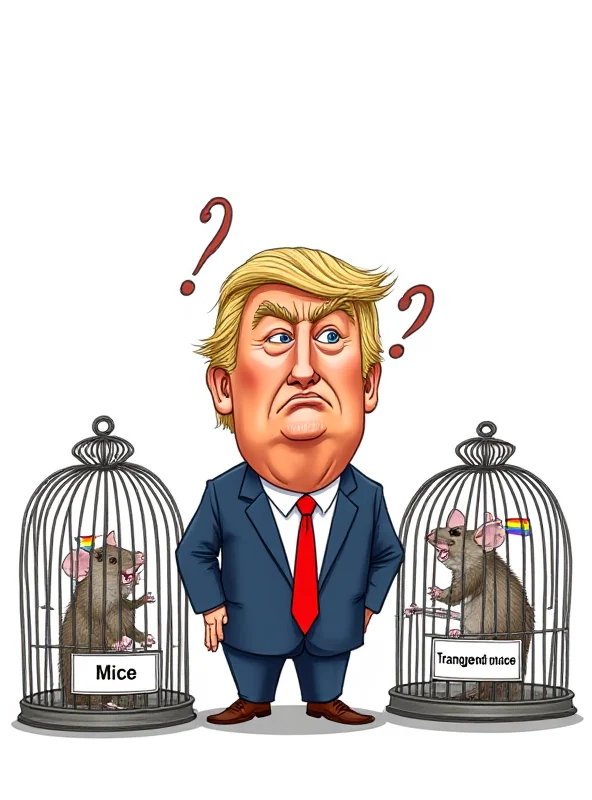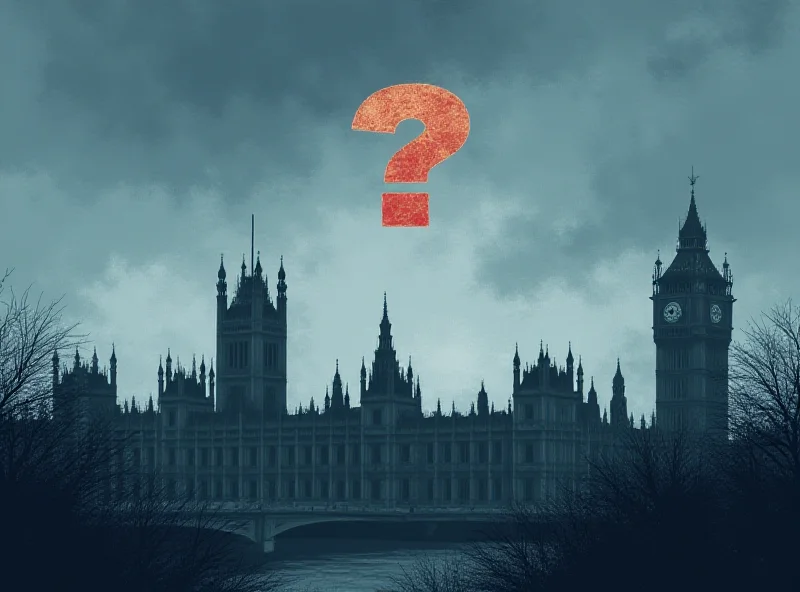Donald Trump's potential return to the White House is already stirring up significant debate, particularly regarding foreign policy and defense spending. Several proposed shifts are causing concern and discussion among political analysts and international observers.
Private Investment vs. Foreign Aid
One of the key proposals involves replacing traditional foreign aid with private sector investment. A Trump State Department nominee has argued that this approach would be more effective and sustainable. "We need to think differently about how we support our allies," the nominee stated, according to sources. This shift would represent a fundamental change in how the US engages with other nations, potentially prioritizing economic interests over humanitarian concerns.

However, critics argue that relying solely on private investment could leave vulnerable populations behind and undermine US influence in strategically important regions. The potential consequences of such a policy shift are still being debated.
Defense Spending and NATO
Another controversial proposal involves increasing defense spending among NATO members. A NATO ambassador nominee is reportedly pushing for alliance members to commit 5% of their GDP to defense. This demand aims to strengthen the alliance's collective security posture, particularly in light of perceived threats from Russia and other geopolitical challenges.
Such a substantial increase in defense spending could place a significant burden on member states, potentially diverting resources from other crucial areas like healthcare and education. Furthermore, some analysts question whether such a high level of spending is necessary or sustainable in the long term. "Is this really the best way to ensure our collective security?" one expert questioned in a recent interview.
Trump's "Transgenic" Moment
Adding to the political theatre, Trump recently made headlines for seemingly confusing "transgenic mice" with "transgender mice" during a speech criticizing government spending.  The gaffe, while humorous to some, underscored his broader critique of what he deems frivolous government expenditures. The incident occurred as Trump aligned himself with recommendations from the Department of Government Efficiency (DOGE), a Republican-backed initiative. Tech billionaire Elon Musk, a vocal critic of government spending, reportedly stood and waved as DOGE was mentioned, drawing cheers from Republican lawmakers.
The gaffe, while humorous to some, underscored his broader critique of what he deems frivolous government expenditures. The incident occurred as Trump aligned himself with recommendations from the Department of Government Efficiency (DOGE), a Republican-backed initiative. Tech billionaire Elon Musk, a vocal critic of government spending, reportedly stood and waved as DOGE was mentioned, drawing cheers from Republican lawmakers.
British Politics Reacts
The potential implications of Trump's policies are also being felt across the Atlantic. Some observers argue that British politics has yet to fully adapt to Trump's "new order," particularly in a world where US security guarantees may no longer be a given. In such a scenario, national defense must become a top priority, requiring a significant shift in political thinking and resource allocation.

Ultimately, Trump's proposed policies represent a significant departure from established norms and practices. Whether these changes will lead to a more secure and prosperous world remains to be seen. The debate surrounding these proposals is likely to intensify as the next election cycle approaches.
Ukraine Aid in Question
Adding another layer of complexity, Trump has reportedly decided to cut military aid to Ukraine. This decision has drawn sharp criticism from both sides of the political spectrum, with many arguing that it undermines US credibility and emboldens aggressors. As reported by Il Fatto Quotidiano, this move is seen as part of a broader pattern of inconsistent and incoherent foreign policy decisions.
"Trump's actions are not just erratic, they are dangerous," one political analyst stated. "They undermine our alliances and weaken our ability to respond to global challenges."
